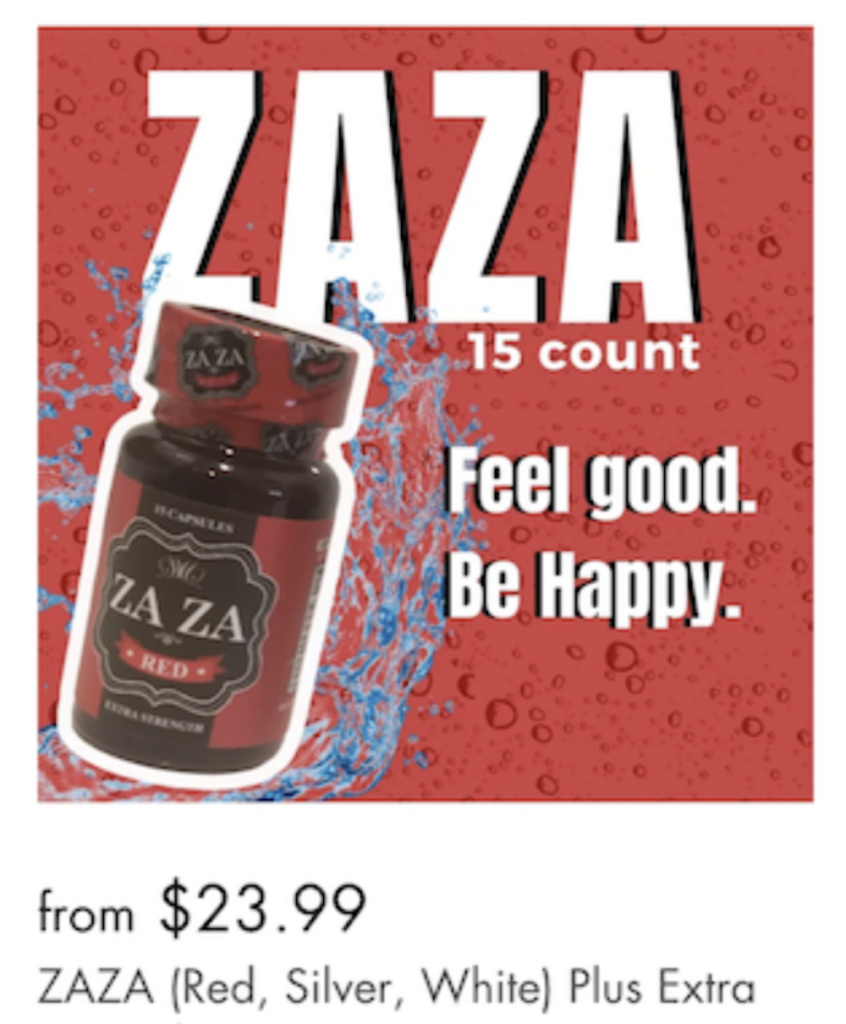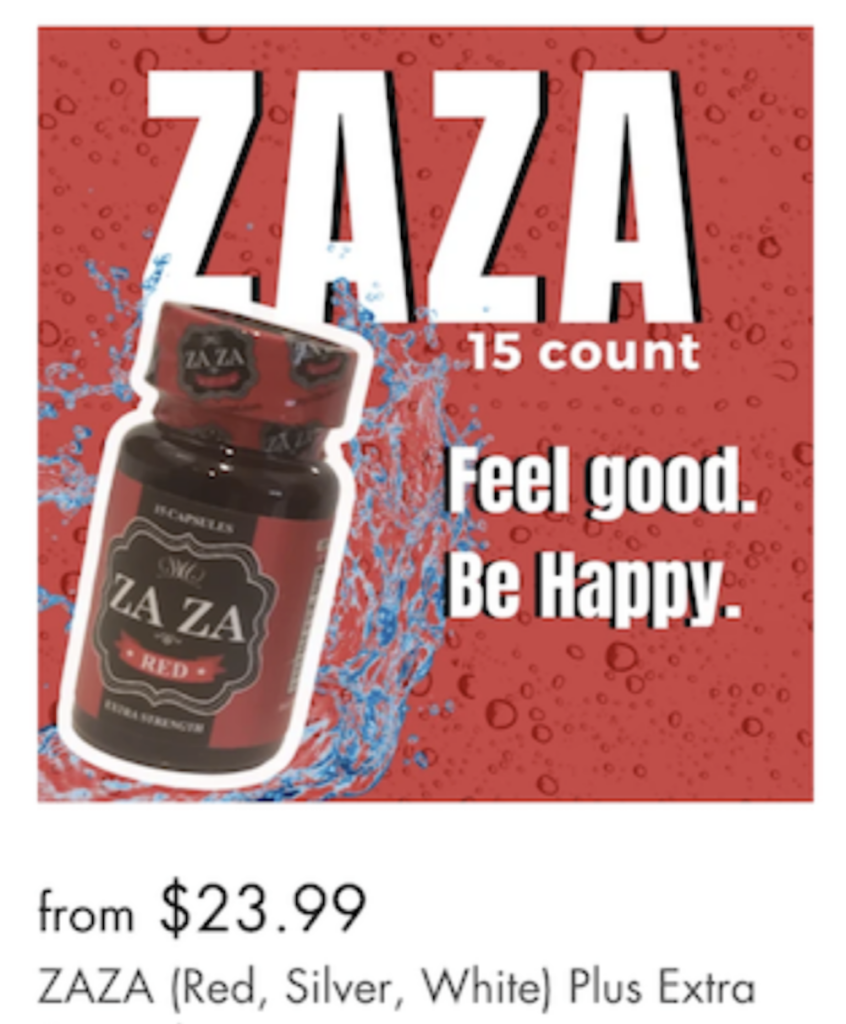LegitScript has observed a recent rise in both the popularity and regulatory scrutiny of tianeptine, an unregulated substance commonly sold in gas stations and online — and often marketed with unproven claims to be a cognitive enhancer as well as an alternative to opioids. As such, manufacturers have become increasingly creative in their marketing attempts in order to retain their merchant accounts with payment service providers and avoid having their products removed from the market. Contact us and discover how LegitScript can help.
What Is Tianeptine?
Tianeptine is a drug initially developed for treating depression and is still commonly prescribed for this application in small doses in some countries across Europe, Asia, and Latin America. While it is unapproved by the FDA for any medical use in the US, it is still commonly sold at gas stations, smoke shops, and supplement stores, leading to its nickname “gas station heroin” for its opioid-like effects and potential for dependence.
When taken in high doses, tianeptine has been known to create a euphoric high and have similar effects to opioids such as heroin and prescription painkillers. Tianeptine has proven to be highly addictive and dangerous when consumed in large doses, and while not currently classified as a controlled substance by the United States Drug Enforcement Agency (DEA), it lacks US Food and Drug Administration (FDA) approval for any medical use or use as a food additive.
Why Is Tianeptine Facing Increasing Scrutiny?
Tianeptine has seen a surge of regulatory attention for multiple reasons. First, tianeptine is sold without restrictions and possesses potentially high rates of dependence and dangerous health outcomes. When prescribed to treat depression in regulated countries, 25 mg to 50 mg is the standard daily dose range; conversely, recreational doses can exceed up to 7,500 mg daily. The FDA has repeatedly posted warnings on tianeptine products, and nine states have restricted or banned the sale of the substance. The FDA has also witnessed an increase in the reported negative health effects experienced by users, including seizures, loss of consciousness, and even death.
Regulatory Actions and the Tianeptine Retailer’s Response
In reaction to the rise in regulatory scrutiny, tianeptine manufacturers have found creative ways to avoid enforcement. LegitScript has identified that many merchants often sell tianeptine sodium and other tianeptine products by claiming they are intended for “research purposes” and are not for human consumption. These retailers frequently lack safeguards to prevent sales to consumers from using it for recreational or medicinal purposes.

Another way tianeptine retailers seek to avoid scrutiny is by heavily marketing the other ingredients contained in the product as having potent effects. Often these merchants advertise ingredients such as kava extract, Tribulus terrestris fruit, and niacin in an attempt to mask the potency of tianeptine.
How LegitScript Can Help
Are you an acquiring bank or an online marketplace concerned you may be processing payments or have sellers of illegal and/or high-risk products? LegitScript is committed to keeping up to date with current regulations around tianeptine as well as any new products that enter the market. Our risk detection processes and team of skilled analysts are quick to incorporate shifting merchant characteristics associated with this high-risk product as merchants continue to steadily deploy new marketing approaches and techniques to keep these products on the market.
Contact us to see how we can help.




